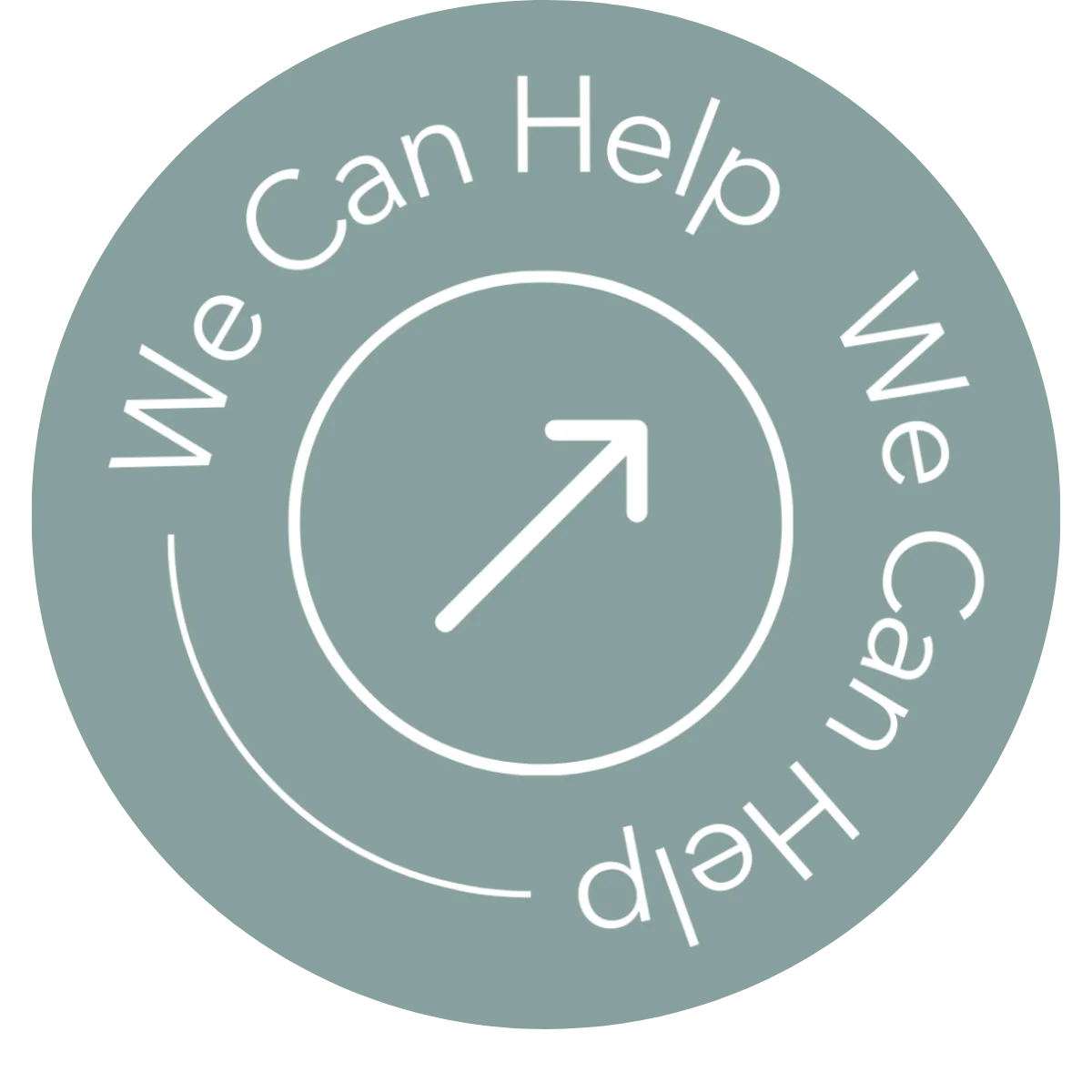The Importance of Mental Health Awareness
What is Mental Health Awareness?
Mental health awareness is recognizing and understanding mental health conditions. It also refers to the importance of maintaining good mental health.
It helps individuals understand, remove stigma, and build a supportive community. Mental health awareness also promotes access to health services and support. This is important for overall guidance and healing for those who need it.
Every May, National Mental Health Awareness Month shines a spotlight on the issue. It supports those facing mental health challenges and the experts helping them. It sends a clear message, which is that treatment can help, and everyone deserves access to care.1

Objectives and Goals of Mental Health Awareness Campaigns and Initiatives
Educating the Public
Encouraging Open Conversations
Offering Support and Resources
Influence Policy Change
How Raising Awareness About Mental Health Reduces Stigma and Discrimination
Inclusion and Community Support
Awareness initiatives often focus on creating environments where people feel comfortable sharing their experiences. These safe spaces can be online forums, support groups, or community events.
Impact on Institutions and Policy
Public Attitude Transformation
Challenges and Solutions in Increasing Mental Health Awareness
Lack of Information and Resources
Social and Cultural Barriers
Culture shapes mental health perception. Breaking these barriers requires training mental health professionals in cultural competence and designing campaigns that respect diverse cultures.
Policy and Legislation
The Impact of Education and Advocacy on Mental Health Awareness
Raising Awareness Through Schools
Schools can also help highlight the counselors who are already on campus to educate children on what they can access if they need help.
Community Centers and Local Programs
Online Platforms
Educational Partnerships
Grassroots Movements
Policy Change Through Advocacy
Innovative Strategies for Engaging Diverse Audiences in Mental Health Awareness
Virtual Reality Experiences
Health and Wellness Apps
Graphic Novels and Comics
Podcasts
Inclusive Spaces
Impactful Mental Health Awareness Campaigns
Mind – Time to Change
CALM – Suicidal Doesn't Always Look Suicidal
NFL – My Cause, My Cleats x Kicking the Stigma
Measuring A Campaign’s Success

Ethos Wellness: Your Compassionate Guide to Raising Mental Health Awareness
A Three-Phase Approach
Reach Out to Us
Start Your Mental Health Journey Today
Learn more about mental health awareness with Ethos Wellness. Contact us today to learn more about the comprehensive mental health care offered at our facility.


